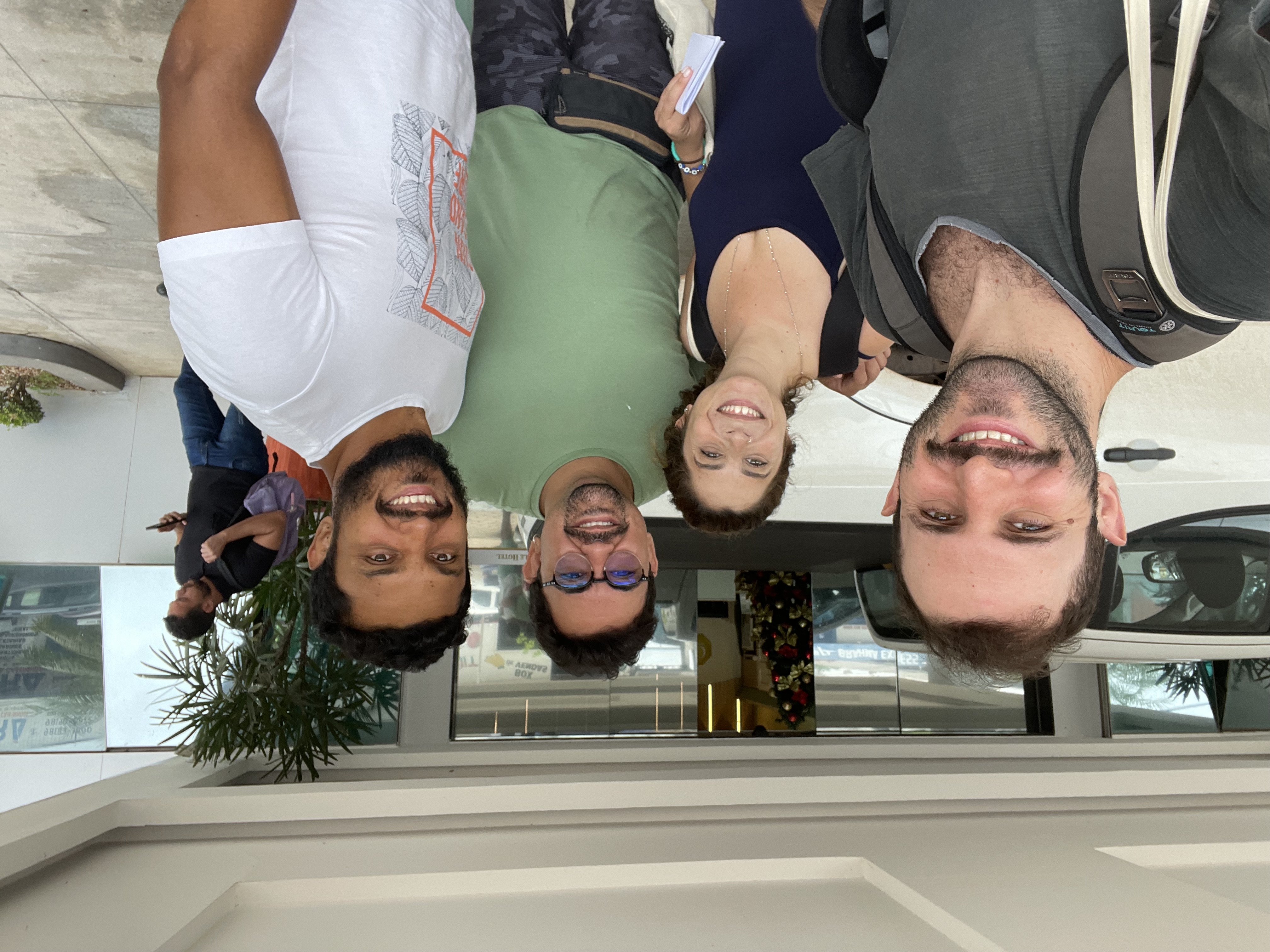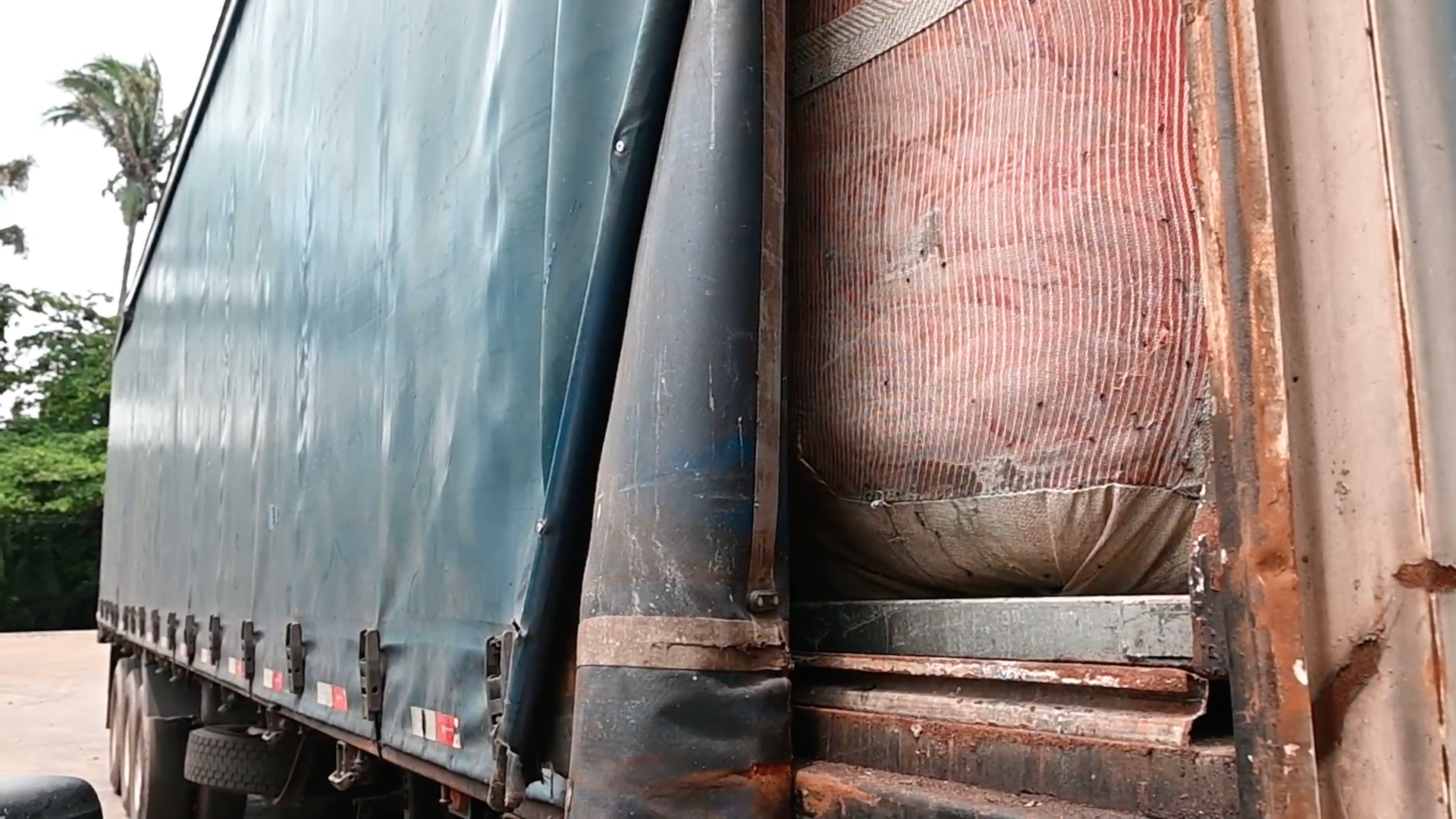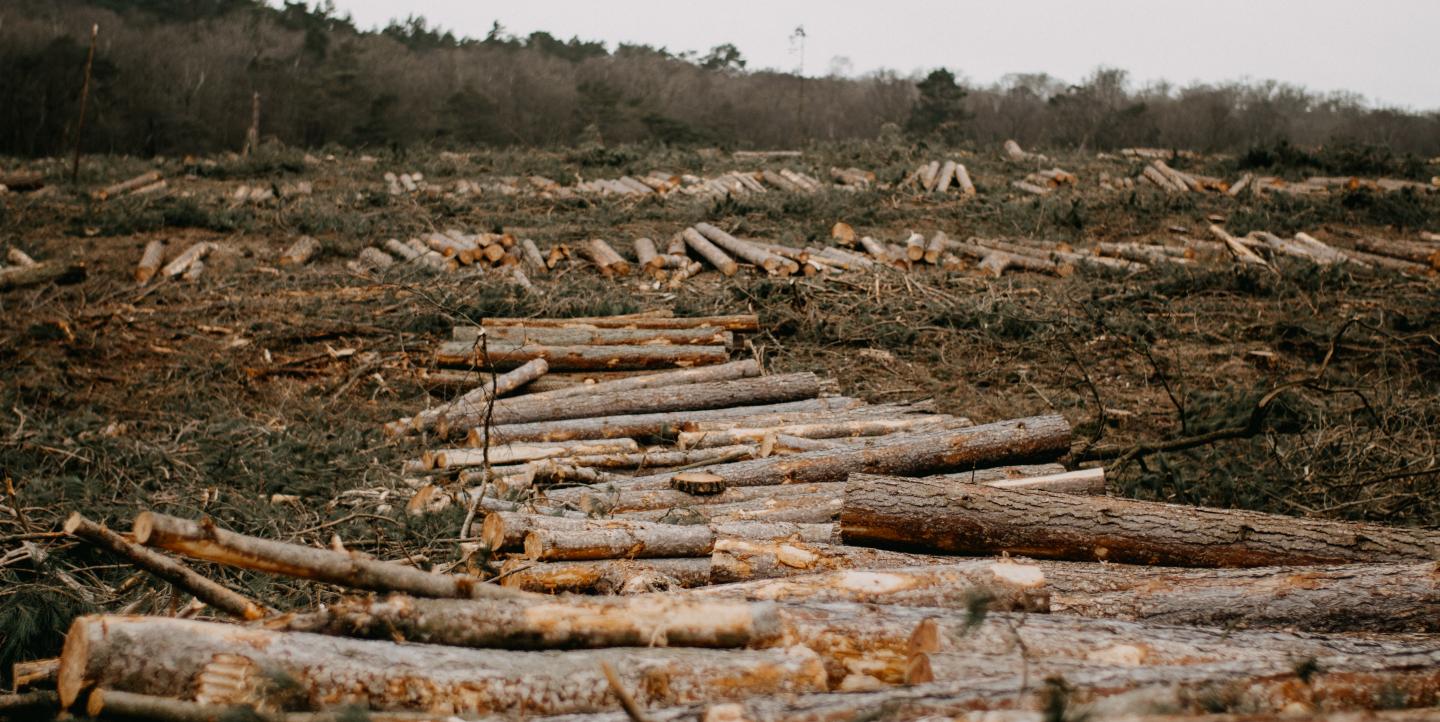The Rainforest Investigations Network (RIN) asked its 2022 Fellows about the innovative methodologies behind their impactful stories. Below is an abbreviated version published on the Pulitzer Center website:
When I started my investigative project with the Rainforest Investigations Network, I knew that I wanted to reveal how food commodities are affecting the health of the Amazon rainforest and the lives of the indigenous people who live there.
I was surprised to discover, in the course of analyzing data and checking documents, that one of the so-called byproducts of meat production – collagen – is also closely connected to the destruction of the Amazon and the Invasion of Indigenous territories.
The food supplement Collagen, hailed as a miraculous anti-aging cure, is produced by companies such as the Swiss giant Nestlé, that are not currently obliged to monitor their supply chains. The complete lack of scrutiny and transparency contrasts with the relevance of this booming segment, endorsed by celebrities and worth at least $4 billion globally.
For seven months, a team of journalists in the United Kingdom and in Brazil teamed up to dive deeply into how collagen is produced, analyze data, go through public and private records, export documents, uncover corporate documents and conduct multiple interviews with experts and people in Brazil close to the collagen and gelatin supply chain.

We understood that the claims of collagen being a “sustainably sourced product” could not be true as the bovine hides it is made from were sourced from controversial meatpackers such as JBS, Marfrig and Minerva. Our team, for example, had already shown how Marfrig suppliers were threatening the way of life of the indigenous Mỹky people in the state of Mato Grosso in the Brazilian Amazon.
Data sources
Here’s a complete list of the datasets and sources we used in our investigation
- Gray data: company financial records, sustainability and investors relations reports, presentations at trade conferences
- Google: press releases, news stories, market commentary
- SEC: information for publicly-listed companies, such as Darling Ingredients
- Panjiva, Import Genius: export records
- YouTube: often a good source for corporate PR films
- Sayari, OpenCorporates, Aleph, Cruza Grafos: company information
- JusBrasil: court cases against companies and individuals
- SIGEF, CAR: property records in Brazil
- Prodes: deforestation data
- MapBiomas: recent deforestation and fire alerts
- Google Earth: satellite imagery
- Ibama: embargoes and fines
- FUNAI: Indigenous territories shapefile
- MTE: modern slavery list in Brazil
- Slaughterhouses locations
- MAPA: slaughterhouse information, plants licensed to export
- Leaked lists of meatpacker suppliers and cattle transport permits (GTAs)
- CIMI, CPT: reports for land conflict
- Social media: Twitter, Facebook to find contacts and details on specific farm owners as well information on official company profiles
- Interviews on and off the record with multiple sources
Methodology
Credit: TBIJ
When our team was investigating Nestlé’s involvement in the beef trade, my TBIJ colleague Andrew Wasley noticed something strange in the export records. “Hmm, why are all these ‘hydrolyzed collagen [exports] popping up?” we asked ourselves. We used the Panjiva platform to pull out all recent shipment records of bovine collagen being shipped out of Brazil to the rest of the world and, as expected, Nestlé was one of the main buyers and Rousselot and Gelnex were two of the main sellers.
The relationship between these companies was established using corporate data platforms, such as OCCRP’s Aleph, Sayari Graph, SEC files, and Brazilian public records such as the companies registry. We mapped companies' subsidiaries and operations inside and outside of Brazil. Also, we used a journalist’s best friend: Google, which quickly showed us that Rousselot and Gelnex had more in common than we thought, namely they had the same parent company, the powerful Texas-based Darling Ingredients.
We had gotten everything we could from desktop reporting. Now it was time to send a team of reporters for a field trip to one of the collagen factories, in Amparo, a small industrial town, in São Paulo state. Interviews with residents, truck drivers and experts revealed some of the missing pieces of the puzzle, such as the names of companies involved, from tanneries, where the skins are processed, and the slaughterhouses supplying the tanneries.

Once we knew the slaughterhouses involved, we used the Bureau’s expertise in tracking meat supply chains to find the cattle ranches that supply them in both the Cerrado and Pantanal biomes. For that, we combined data scrapping of one of the company’s transparency websites with leaked data on some of their suppliers and cross-referenced this information with property records, Indigenous lands territories, and deforestation data in Brazil.
That was only the tip of the iceberg. As we wanted to show the issue was systemic, we expanded the research to another sourcing area, namely collagen producer Gelnex based in the Amazon. This was when we partnered with the Center for Climate and Crime Analysis (CCCA). They provided us with a thorough analysis of the deforestation and invasion of protected and Indigenous territories that is linked to the thousands of cattle ranches that sell cattle to three slaughterhouses linked to the collagen production.
Now, with the information in hand that more than 2,500km2 of recent deforestation and the invasion of multiple Indigenous territories were connected, it was time to go on the ground again. Our team travelled to three Brazilian states, São Paulo, Tocantins and Pará, to visit a collagen factory, tanneries, slaughterhouses, farms and an Indigenous land under massive pressure by the expansion of the cattle industry. We interviewed residents, experts, truck drivers, and employees of these companies as the stench of rotting cow skins and flies took over the air close to these facilities. We came back home with bullet proof findings and a bit of a shock that a fancy industry that claims to produce a supplement good for your health is destroying the health of the planet.
Photo by Annie Spratt on Unsplash.
This story was originally published by the Pulitzer Center. It was published on IJNet with permission.

